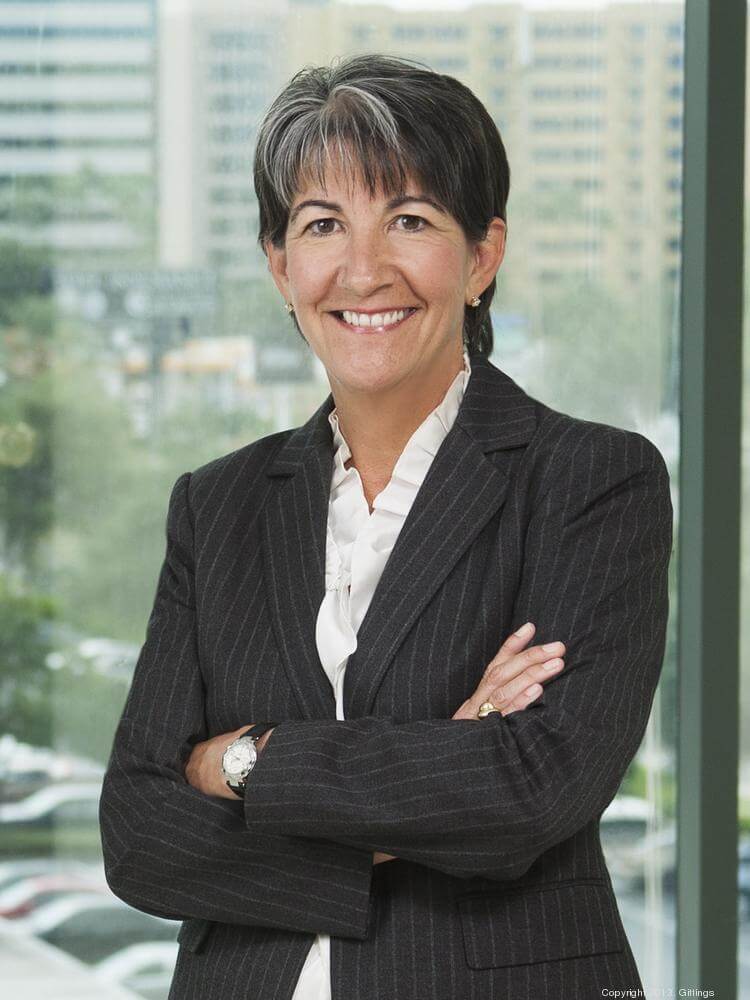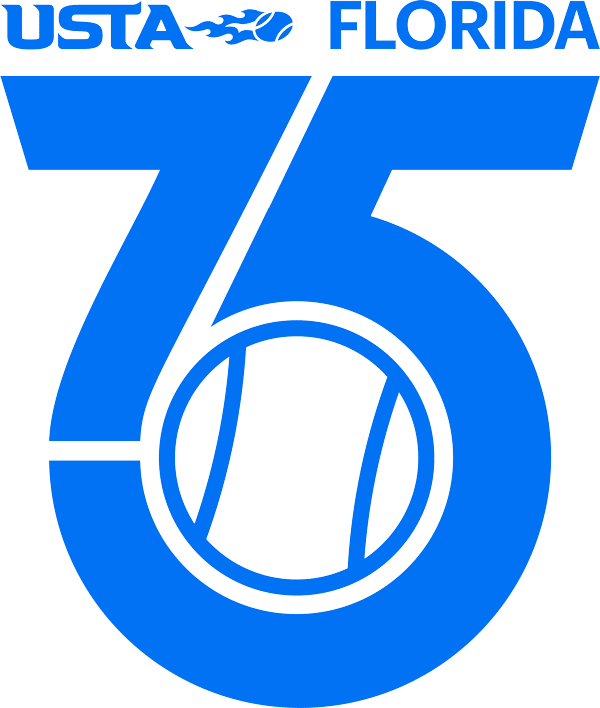By Dana Andrews, USTA Florida President-elect

In terms of a working woman and becoming a leader in my professional and volunteer life I have had an opportunity to reflect on my own path into these positions. What stood out to me was that in both my professional leadership role and in my volunteer leadership role, the mentors in my life played pivotal roles in helping me achieve my goals.
A mentor can come in a lot of different shapes and sizes. For me, the first mentor that I had was actually two people, my mother and my father, BA and Dolores Grubbs. In my case, my first mentors were my parents, but in my opinion, a mentor can be a teacher, coach, close friend, or counselor as examples. The attributes from my first mentors that I am grateful for, is that in my mother was the ultimate cheerleader, who never let me think I could fail. My father had the wisdom of teaching me self-evaluation and objectivity about my own skills. A mentor should be both in my opinion. As an example, early in my tennis career, I, like many others, was convinced that I was going to be a professional tennis player. It was my father who pointed out to me, gently, that was likely not going to happen but perhaps I could have an opportunity to play in college as he did. I then shifted my goals to a more realistic path, that still required hard work and perseverance.
In my professional career, I was fortunate enough to have a senior partner take me “under his wing” and again made me believe that I could be a successful attorney if I worked hard enough, and he also would give me constructive criticism along the way about my reasoning skills, presenting an argument, and objectively evaluating “both sides.” As a woman coming up in the legal field my professional mentor gave me some very good advice that I had also learned on the tennis court, not getting too upset about the losses and not getting too excited about the wins.
In regards to my volunteer path, it was not as easy a “fit” for me as perhaps being a lawyer. However, I was blessed with mentors such as Doug Booth, Nancy Horowitz, Bob Pfaender, Robert Hollis, and Clark Higgs, to encourage me to engage in a leadership role with USTA Florida. There have certainly been times along the way where I have doubts in my abilities and will need to push myself out of my “comfort zone,” which does not come easy to me. But again, the mentors within the organization, and those who work in the USTA Florida office, have cheered me on along the way, but also pulled me aside and guided me when I have stumbled.
As a woman in the tennis field or any other professional/volunteer environment, I would strongly recommend to (1) look for that person in your life who could act as a mentor to you; (2) be realistic with yourself in regards to your strengths and weaknesses, but do not sell yourself short; and (3) set goals that may take you out of your comfort zone, but with each day, each step forward you see yourself achieving that goal. Ongoing consistency is much better than short-term intensity.
In conclusion is an encouraging quote by Charles Spurgeon — “Courage, my heart! Go on little by little, for many littles make a great whole.”
Dana Andrews


